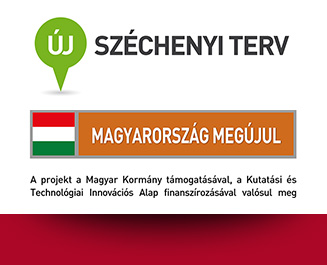CHALLENGES
- Climate change and the looming energy crisis pose an enormous challenge to mankind. Each sector of society and the economy should contribute towards substantial solutions. Transport still consumes huge amounts of energy of fossil origin and thus is a main source of emissions.

- The laws of physics mean that goods can be transported by rail in a more energy-efficient manner than with other modalities. Even so the surrounding conditions and a failure of the rail cargo sector to adopt innovations result in a gradual decrease of competetiveness of rail freight. This is particularly true for Europe where 19th-century technologies prevail over the limited amount of innovation rendering rail freight more viable elsewhere, for instance in the U.S. and in Russia.
- Combined freight can be an economically and environmentally sustainable mode of transport. Next to current technologies, however, combined freight is a viable option only for certain commodities on a limited number of relations, typically between large terminals.

- Due to a lack of competetiveness rail freight operators are only able to acquire new volumes from other rail operators. New business is very rarely taken over from road carriers. This is true even for combined freight operations the significance of which for rail transport is on the rise essentially because it took over part of the volumes until then transported by rail by means of conventional shunting and distributing techniques, which otherwise would have been taken over by road transport. New approaches to combined freight, typically creating new standards and requiring important dedicated infrastructure investments, only have limited success under market conditions even in case of an excellent technical performance.
View our Solutions!






